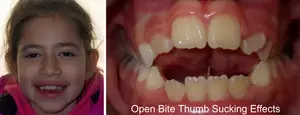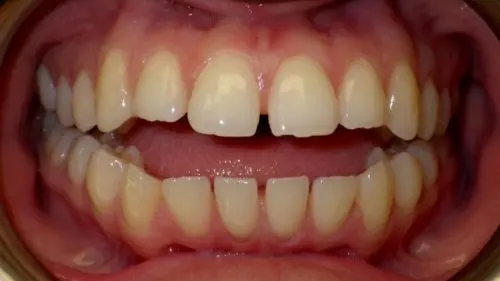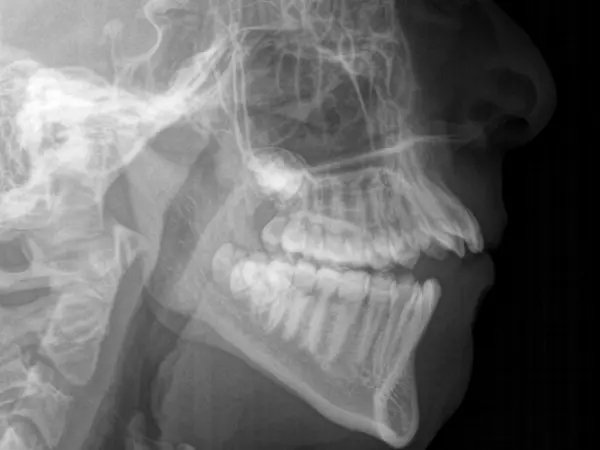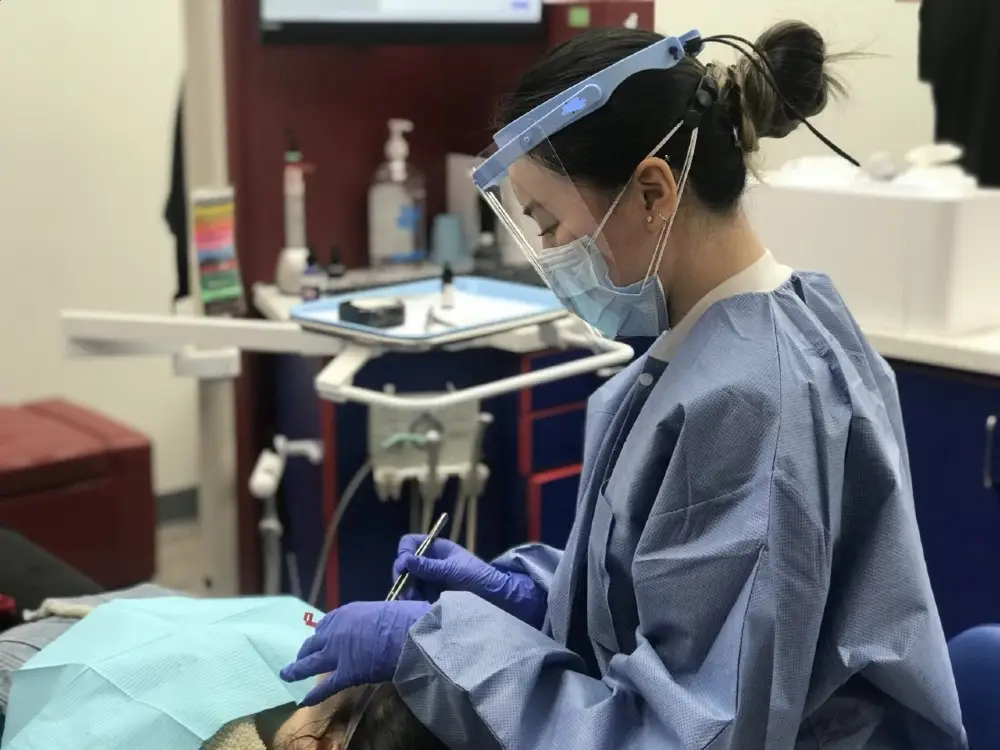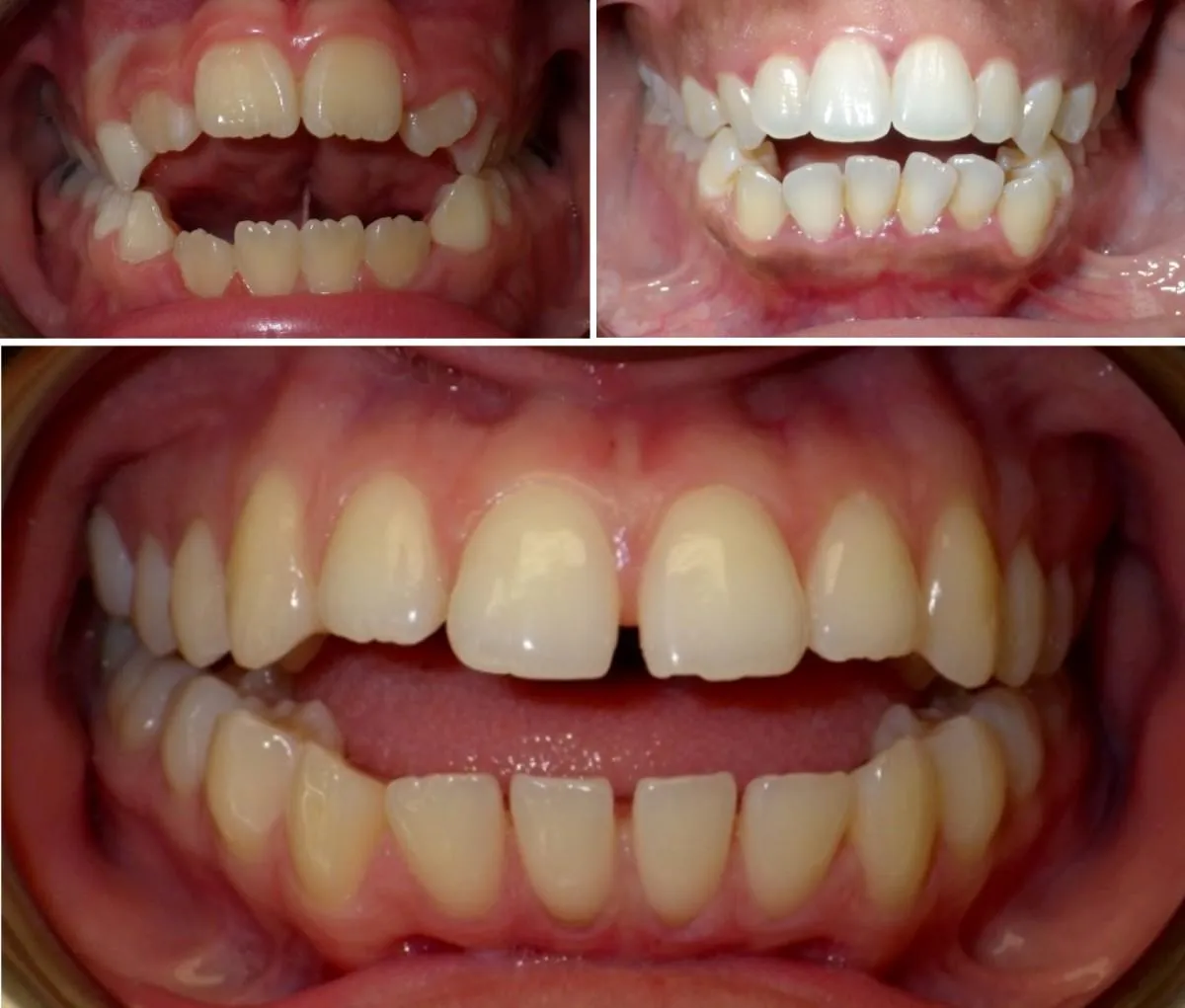
Open Bite - What Is it?
How To Diagnose, Treatment Methods, and More
An open bite is a type of bad bite, or malocclusion, where the upper and lower teeth don't touch when the mouth is closed. There exists a space between the upper and lower teeth, which can manifest either in the anterior or posterior regions of the oral cavity. However, an open bite in the front, known as an anterior open bite, is more common.
Normally, the upper and lower rows of teeth should connect. The upper teeth should slightly overlap the lower teeth when the mouth is shut. In an open bite, the upper and lower teeth don't meet, either in the front or back, even when the jaw is closed.
There are various open bite treatment options available in orthodontic treatment. These options help correct this condition, ensuring the teeth align properly.
This guide will help you understand open bites: what they are, why they happen, and how to treat them. This FAQ will answer any questions you may have about open bites.
schedule an orthodontic consultation